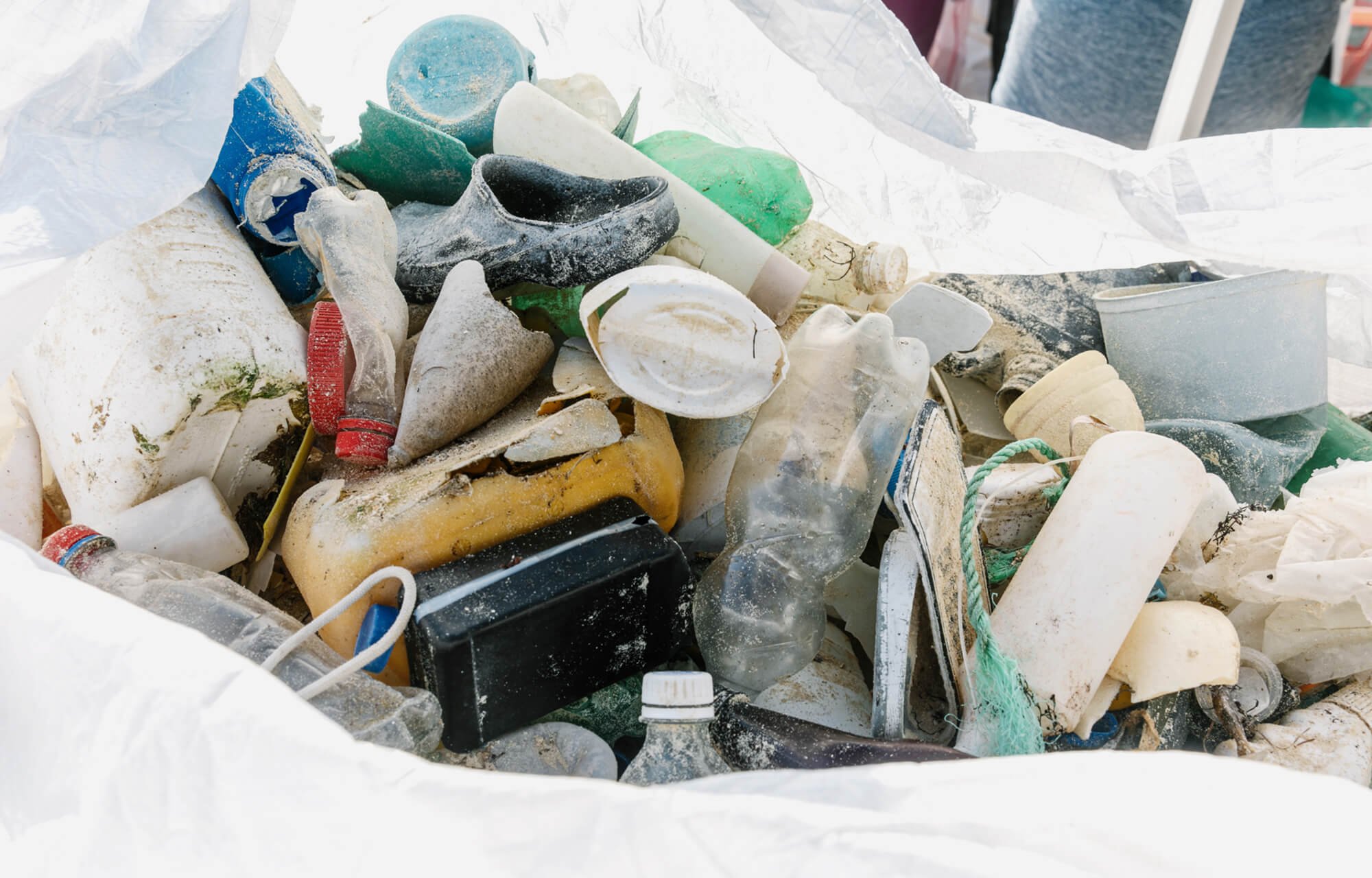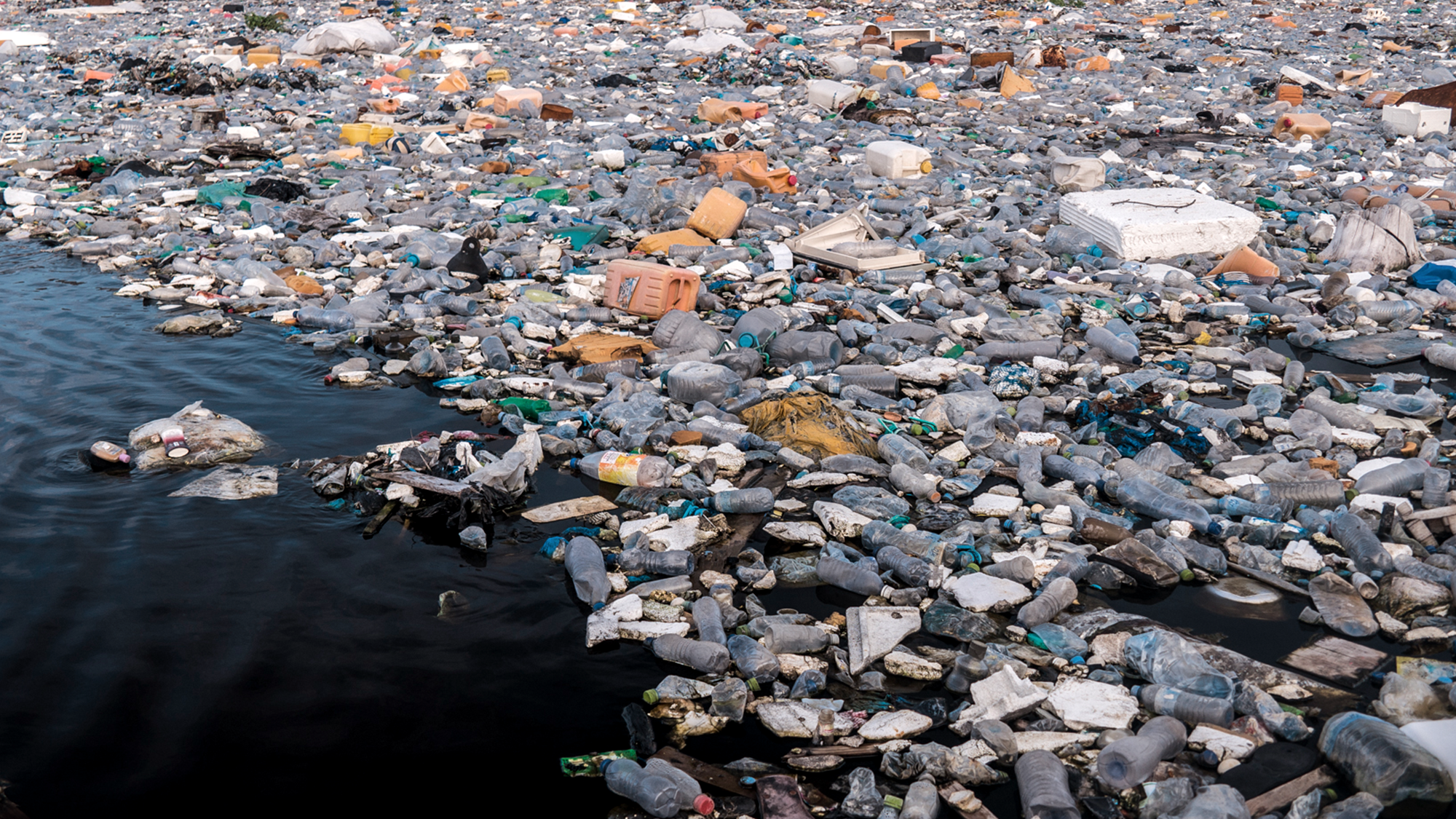Parley AIR: The Kitchen
The choices you make in the kitchen can improve your health – and the health of our planet.
Think Plant-Based
The largest marine dead zone to date, covering 8,700 square miles in the Gulf of Mexico, is largely due to pollution from modern industrial agriculture. Meat and dairy production is responsible for 14.5% of agriculture’s greenhouse gas emissions, and seafood comes with its own set of problems.
Farming operations produce large quantities of waste from pesticides, antibiotics and fertilizers that run off into water systems, resulting in ocean acidification and oxygen depletion. Cutting fish, meat and dairy products from your diet could shrink your food related carbon footprint by one-third or more.
In switching to a plant-based diet, you help combat the unsustainable fisheries industry. Believe it or not, lobster and shrimp farming can produce more carbon emissions than poultry and in some cases even beef. This is largely due to the 40+ billion liters of gas (equivalent to 179 million tons of C02) used to fuel fishing vessels.
Small changes add up to make a big difference. Start with meat-free Mondays or try setting new rules, like sticking to plant-based at breakfast and lunch, and celebrate victories on your personal journey to a diet that’s healthier for you and our finite planet.
Compost your scraps
Composting isn't as hard or as smelly as you've been led to believe. Anyone can compost in any location. Food scraps and yard waste together currently make up about 30% of what we throw away. By making compost, you are contributing to keeping these materials out of landfills where they take up space and release methane gas into the atmosphere. Compost also enriches the soil and reduces the need for chemical fertilizers.
A perfect ratio for composting is ⅔ carbon to ⅓ nitrogen products. Carbon products to compost include items like leaves, paper towels, eggshells, tea bags, cardboard. Nitrogen includes items such as fresh grass clippings, fruits, vegetables and coffee grounds. Composting is nature’s way of recycling, and nurturing the Earth. A simple swap that can drastically reduce how much you waste and your carbon footprint – all in one.
Composting at home (yes, even in an apartment) is easier than you think. You can keep your food scraps in the freezer, in a bin, or a paper bag, then drop it off at a local farmers market or collection point, depending on where you live. You can also start your own composting bin at home by getting all the necessary gardening tools. If you’re thinking about starting an ‘at-home’ compost, follow these simple steps to successfully compost your scraps.
Build or buy a large container made out of wood, or repurpose an old container and penetrate the material with holes to create circulation.
Find a home for your bin - preferably in a place with not too much sunlight, such as a balcony or entrance way.
Add strips of paper soaked in water and place on the bottom of the container. Layer about ⅓ of the container with the paper strips. This will be the start of your compost pile.
Then add worms, followed by your food scraps.
Manually turn your scraps once a week to aerate the organic matter.
Continue this process, making sure you scoop out the soil as it is produced to use for fertilizer on your plants.
Kick out the plastic
Plastic is usually used for mere minutes but persists in the environment and breaks apart into tiny pieces – which come back to our kitchen in table salt, beer, bottled water and other everyday products. Plastic also leaches toxic chemicals into the soil, groundwater and even the food we eat.
Here are some ways to avoid plastic in the kitchen on a daily basis:
Avoid take out and home delivery. It’s tempting, but your food usually comes with a lot of excess baggage.
Choose a natural plant fiber dish brush over a plastic sponge and you’ll prevent microplastics from going down the drain.
Eat locally sourced produce. Farmers markets are always a great weekend outing.
Ditch the plastic tea bag and opt for loose leaf. It tastes better, too.
Only microwave in glass or ceramic dishes. Plastics release hormone-disrupting chemicals when scratched or heated (read about the first Plastic Health Summit here).
Invest in reusable produce and shopping bags. Take them with you when you leave the house.
Look for your neighborhood bulk store. This eliminates the need for buying food wrapped in plastic. Just remember to bring those reusable bags.
FOR MORE TIPS — 31 WAYS TO FIX THIS PICTURE
Recycle correctly what you can’t avoid
Only 9% of all plastic ever produced has been recycled. Always opt for package-free alternatives to things, or materials such as aluminum or glass which can be more easily recycled. If you do end up with plastic waste, remember to rinse off before putting in the recycling. We all have a tendency to practice ‘aspirational recycling’— but out of sight, out of mind is a dangerous and often costly mentality. Remember that items such as plastic bags, straws, and wrappers are not traditionally recyclable.
IG @parley.tv | FB @parleyforoceans
#ParleyAIR

































